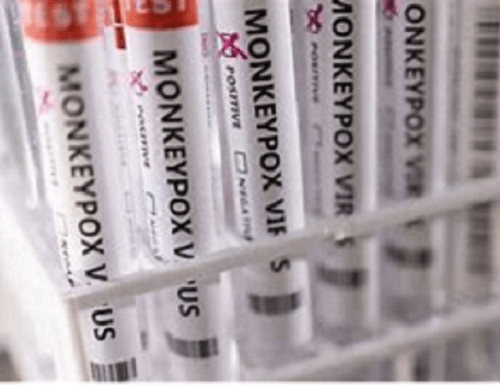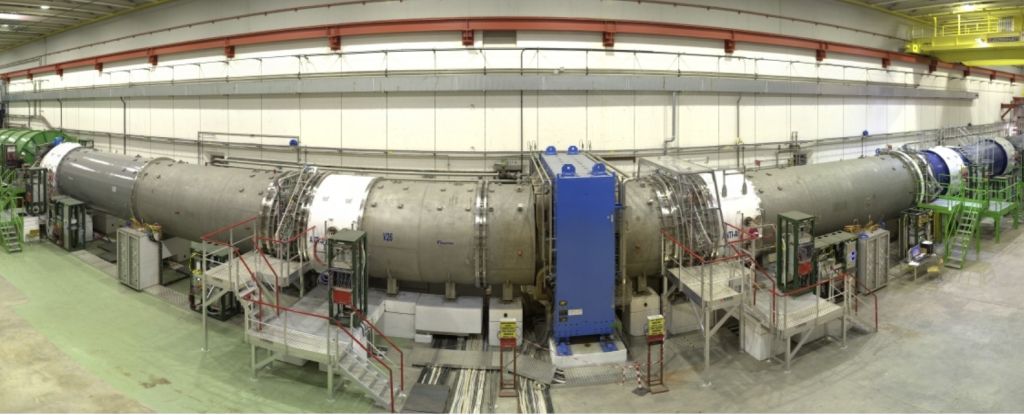Place your adverts here on InfoDig @ low rates; banner ads, sponsored links and guest articles etc. Contact us

The World Health Organisation (WHO) has listed the first mpox in vitro diagnostic under its Emergency Use Listing (EUL) procedure, marking a great step in enhancing global access to mpox testing.
In a statement made available on its official site, WHO disclosed that the Alinity m MPXV assay, developed by Abbott Molecular Inc., has been approved for emergency use.
This development is expected to significantly boost diagnostic capacity in countries grappling with mpox outbreaks, where the demand for swift and accurate testing has surged.
“Limited testing capacity and delays in confirming mpox cases persist in Africa, contributing to the virus’s continued spread. In 2024, over 30,000 suspected cases have been reported across the region, with the highest numbers in the Democratic Republic of the Congo, Burundi, and Nigeria. In the Democratic Republic of the Congo, only 37 per cent of suspected cases have been tested this year,” the statement noted.
The global health body highlighted that the presence of the monkeypox virus can be confirmed through Nucleic Acid Amplification Testing, such as real-time or conventional Polymerase Chain Reaction (PCR). The WHO Interim Guidance on Diagnostic Testing for monkeypox virus specifies lesion material as the recommended specimen type for diagnostic confirmation.
Dr Yukiko Nakatani, WHO assistant director-general for Access to Medicines and Health Products, further explained the mechanism of the Diagnostic kit stating, “The Alinity m MPXV assay is a real-time PCR test designed to detect monkeypox virus (clade I/II) DNA from human skin lesion swabs. It is intended for use by trained clinical laboratory personnel proficient in PCR techniques and in vitro diagnostic (IVD) procedures. By detecting DNA from pustular or vesicular rash samples, healthcare workers can confirm suspected mpox cases more efficiently.”
Asserting that this new finding is a major milestone for the organisation, she further stated that Increasing access to quality-assured medical products is central to our efforts in helping countries contain the spread of the virus and protect their people, particularly in underserved regions.
The Health Organisation highlighted that the EUL procedure accelerates access to life-saving medical products such as vaccines, tests, and treatments during Public Health Emergencies of International Concern (PHEIC).
Pharmanewsonline recalls that on 28 August 2024, WHO called on manufacturers of mpox in vitro diagnostics (IVDs) to submit an expression of interest for EUL, recognising the urgent need to strengthen global testing capacities as the virus continues to spread.
“To date, WHO has received three additional submissions for EUL evaluation, and discussions are ongoing with other manufacturers of mpox IVDs to ensure a wider range of quality-assured diagnostic options. This will support countries without their own approval processes to procure the necessary tests through UN agencies and other partners,” WHO added.
The EUL for the Alinity m MPXV assay will remain valid for as long as the PHEIC, which justifies the emergency use of mpox in vitro diagnostics, is in effect.

 2 hours ago
33
2 hours ago
33
















 English (US) ·
English (US) ·